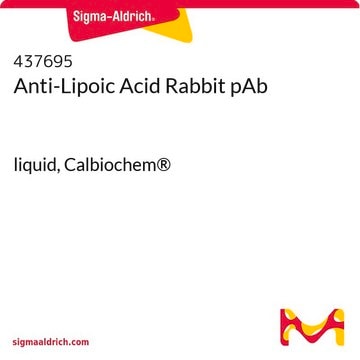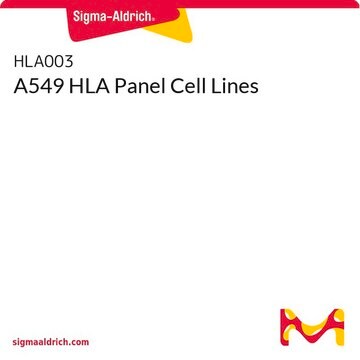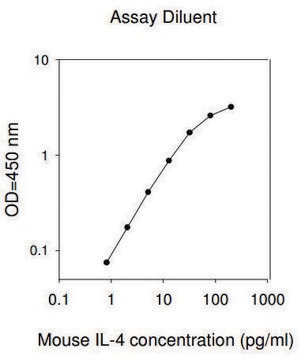MLS0001
MISSION® LightSwitch Luciferase Assay Reagent™
Fully optimized reporter system
Sign Into View Organizational & Contract Pricing
All Photos(1)
About This Item
UNSPSC Code:
41106609
NACRES:
NA.84
Recommended Products
product line
MISSION®
storage temp.
−20°C
General description
The MISSION LightSwitch Luciferase Assay Reagent enables one-step reagent addition to measure luciferase reporter signal. The MISSION LightSwitch Luciferase Assay Reagent and the MISSION 3′UTR Lenti GoClone report constructs are a fully optimized reporter system that includes an improved reporter gene (RenSP), an optimized assay reagent, and a genome-wide collection of 3′UTR Lenti GoClone reporter constructs. The MISSION 3′UTR Lenti GoClone reporter constructs have been optimized for use with the MISSION LightSwitch Assay Reagent.
Application
MISSION® LightSwitch Luciferase Assay Reagent™ has been used to measure actin promoter activity.
Legal Information
MISSION is a registered trademark of Merck KGaA, Darmstadt, Germany
SwitchGear Genomics is a trademark of SwitchGear Genomics
Signal Word
Danger
Hazard Statements
Precautionary Statements
Hazard Classifications
Acute Tox. 3 Dermal - Acute Tox. 3 Inhalation - Acute Tox. 3 Oral - Flam. Liq. 2 - STOT SE 1
Storage Class Code
3 - Flammable liquids
Flash Point(F)
51.8 °F
Flash Point(C)
11 °C
Certificates of Analysis (COA)
Search for Certificates of Analysis (COA) by entering the products Lot/Batch Number. Lot and Batch Numbers can be found on a product’s label following the words ‘Lot’ or ‘Batch’.
Already Own This Product?
Find documentation for the products that you have recently purchased in the Document Library.
Nathan D Trinklein et al.
Genome research, 14(1), 62-66 (2004-01-07)
The alignment of full-length human cDNA sequences to the finished sequence of the human genome provides a unique opportunity to study the distribution of genes throughout the genome. By analyzing the distances between 23,752 genes, we identified a class of
An NTD-associated polymorphism in the 3' UTR of MTHFD1L can affect disease risk by altering miRNA binding.
Minguzzi S
Human Mutation, 35(1), 96-104 (2014)
Pieter Mestdagh et al.
Molecular cell, 40(5), 762-773 (2010-12-15)
The miR-17-92 microRNA cluster is often activated in cancer cells, but the identity of its targets remains elusive. Using SILAC and quantitative mass spectrometry, we examined the effects of activation of the miR-17-92 cluster on global protein expression in neuroblastoma
Federico Innocenti et al.
PLoS genetics, 7(5), e1002078-e1002078 (2011-06-04)
The discovery of expression quantitative trait loci ("eQTLs") can help to unravel genetic contributions to complex traits. We identified genetic determinants of human liver gene expression variation using two independent collections of primary tissue profiled with Agilent (n = 206) and Illumina
Janosch Hildebrand et al.
The Journal of investigative dermatology, 131(1), 20-29 (2010-09-10)
Here, we report a comprehensive investigation of changes in microRNA (miRNA) expression profiles on human keratinocyte (HK) differentiation in vitro and in vivo. We have monitored expression patterns of 377 miRNAs during calcium-induced differentiation of primary HKs, and have compared
Our team of scientists has experience in all areas of research including Life Science, Material Science, Chemical Synthesis, Chromatography, Analytical and many others.
Contact Technical Service










